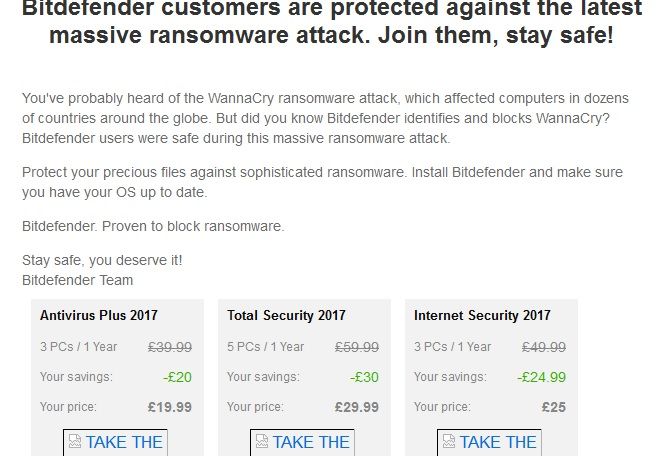I am Jon Miller, Cylance Chief Research Officer & hacker type guy... we use AI to stop bad guys from doing bad things. Ask Me Anything!
...
Our AI Model is updated about every 6 months. In the case that we need to adjust the AI Model within the 6 months, we can address a false a number of ways. 1. We can push an update to the AI Model called Centroids. A centroid is the mathematical center of a cluster of data geometric shape. We can create a negative Centroid that excludes the detection of a cluster of file features 2. The customer can add a file hash to their Global Trust list 3. The customer can add a digital signature to their Global Trust list Centroids are rare however.
trevor79 4 points 3 months ago
Centro
So how is this "centroid" somehow different from old AV signatures?
bwall9809 2 points 3 months ago
Centroids are just a temporary patch, not a permanent solution. Misses are included in the training for the next model.
DanB1aze 5 points 3 months ago
Sounds like any other security product. Reactively detect missed malware by signature, release more generic heuristic in a day/week. Release retrained AI Model in next update.
........
It seems like every other AV vendor now has static analysis powered by machine learning. CrowdStrike, Symantec, Trend Micro, McAfee, Palo Alto, SentinelOne, all claim to have the same thing you have. They are also willing to be tested by 3rd parties. You mentioned you are working with NSS Labs but the security industry knows they are a pay-to-play type of test house. The more paid for private tests you do with them, the better your public test results will be.
My question is if everyone has the same type of machine learning as you, and you aren't willing to participate in objective 3rd party testing, how are you actually different?
......
Can you elaborate on the feud with Sophos?
https://blogs.sophos.com/2016/06/29/thoughts-on-comparative-testing/#more-31647



